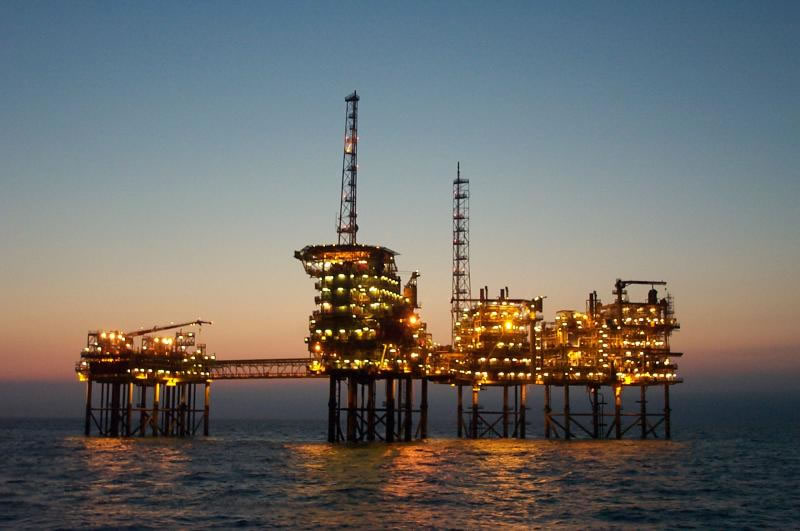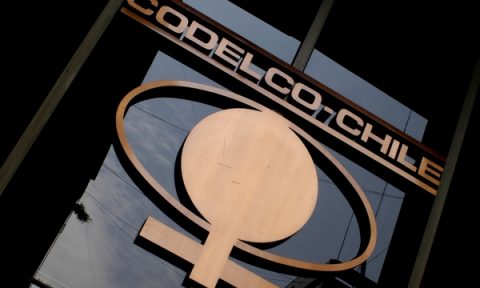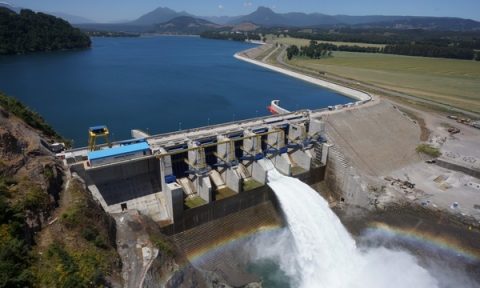Government Reaches Agreement to import 30% of crude oil from Angola

According to the CNE’s Data as of February 2014, 45% of crude oil imports came from Ecuador, 20% from Brazil, 20% from Canada, 10% from England and 5% from Argentina. The agreement would alter that order.
In early March, the Official Journal reported on a fact that went almost unnoticed: the promulgation of a decree that eliminated the tariff of 6% for a number of oil-producing countries located mostly in Africa and Asia. The decree allows import at competitive prices, crude from countries such as Angola, Sudan and Senegal.
A breakthrough, considering that today’s ENAP interns crude from a small pool of suppliers (mainly from Ecuador, Brazil and Argentina, among others), precisely because of the existence of that duty. This reduces the bargaining power of the company.
According to what was transcended, within three weeks a delegation of government representatives from the Ministry of Energy and the state company and could even lead President Bachelet would travel to Angola to sign an agreement to import oil. From the agreement, the African country would supply about 30% of domestic oil needs, becoming one of the leading suppliers of fuel to Chile.
Better margins
A more competitive product is beginning to receive ENAP from the African country. According to experts, the Angolan oil is lighter because it has a low sulfur content, so processing would be cheaper, like as, in general, with this input in the Middle East, which is lighter.
This, plus the zero rate will enable Chile to achieve a better price. So says a source-from the energy-sector-, countries that now provide oil to Chile may be forced to reduce their values. “We have to see the price differential between Angola and other countries. But certainly will increase competitiveness”, he said.
However, the same source explains that as oil is a commodity and is sold under the price parity-that is, considering the value that marks the Gulf Coast of Mexico besides the exchange rate, the agreement with Angola would not impact the final consumer price and would mean a better margin for ENAP. In fact, the industry is estimated that only the removal of the tariff would allow the state company-savings of between $ 30 million and $ 60 million annually for the purchase of crude oil at better prices.
The current government of President Bachelet aims to promote a more active role of the State in energy, which considers ENAP’s strengthening.
Meanwhile, from the previous government that the state company is asking for a $ 1,000 cap per million, a bill of corporate governance and the abolition of tariffs on African countries.
Months ago, the President announced the capitalization of ENAP with $ 400 million. Along with these resources would move the bill to amend the corporate governance of the state company. These initiatives could be sent to Congress the first quarter of 2016, according to government estimates.
Source: El Mercurio












